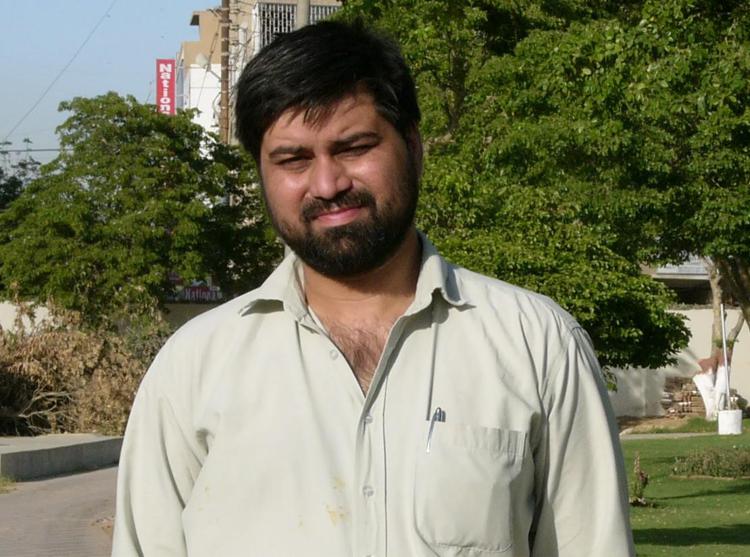

In perilous places such as Pakistan, courageous investigative journalists risk their lives for their profession, as the case of slain Pakistani reporter Saleem Shahzad shows, the editor of Italian daily La Stampa, Maurizio Molinari told Adnkronos.
"Syed Saleem Shahzad, who was the Pakistan Bureau Chief for Asia Times Online, was able to work as an honest journalist for a long time in one of the world's most hostile environments for this profession," Molinari said.
"The Pakistan of a thousand coups, the all-powerful ISI intelligence services, the bloody clashes between Muslim sects, the Taliban and Al-Qaeda is one of the most dangerous place on earth," Molinari said.
Shahzad's badly tortured body was recovered from a canal in northeast Pakistan on 31 May 2011, two days after he vanished in the capital, Islamabad, on his way to give a TV interview.
Shahzad was murdered after he wrote an article on alleged links between Al-Qaeda and Pakistan's navy. A government-appointed commission of enquiry in 2012 failed to establish who was responsible for his killing but independent observers believe ISI was behind it - claims flatly denied by ISI.
Shahzad's base was the southern city of Karachi, from where set off to report from deep within Taliban strongholds in Afghanistan's Helmand province and he was one of few journalists to survived an abduction by the militants when he was kidnapped in 2006 and held for a week on suspicion of spying, Molinari said.
"Among his contacts was (Hamid) Gul a three-star general and ex-ISI chief who knew the deepest secrets of Pakistani politics," said Molinari.
Shahzad's move from Karachi to Islamabad, was to prove fatal for the reporter, who after publishing his 2011 book 'Inside Al-Qaeda and the Taliban', focused on the alleged links between Pakistan's armed forces, the Taliban and Al-Qaeda, Molinari recounted.
"He uncovered an alleged secret cell within Pakistan's navy with links to Al-Qaeda, rumours began to swirl that he worked for the CIA and he started to receive death threats," Molinari stated.
Shortly before his murder, Shahzad wrote to Human Rights Watch telling him that investigations should centre on ISI should anything happen to him, Molinari recalled. According to friends and colleagues, ISI warned the journalist at least three times prior to his death.
Shahzad worked as a correspondent for AKI and wrote for La Stampa, Le Monde, and Pakistani daily Dawn.